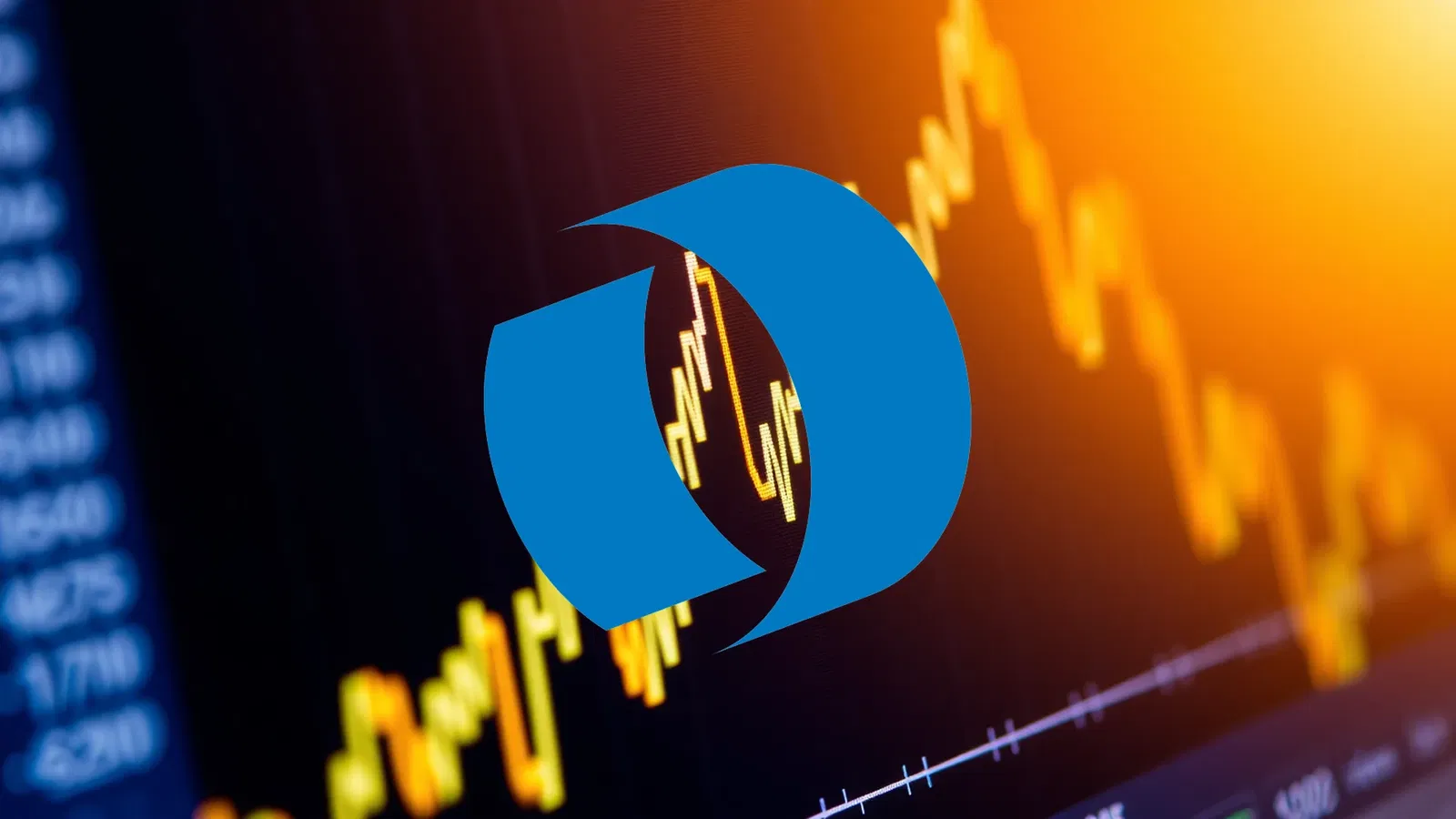A cautious shift in tone from the Federal Reserve ignited a significant rally across specific segments of the equity market. Companies carrying substantial debt loads emerged as primary beneficiaries after Chair Jerome Powell’s remarks at the Jackson Hole symposium suggested a potential end to the rate-hiking cycle. Among the standout performers was Thryv Holdings, a provider of software solutions tailored for small businesses. This surge, however, prompts a critical evaluation of whether the optimism is built on a sustainable foundation or merely represents a brief respite within a longer-term downward trajectory.
Immediate Market Impact on Thryv
The market’s response to the altered monetary policy outlook was both swift and pronounced for Thryv Holdings. Its shares recorded a substantial gain, climbing 5.25 percent to close at $13.84. This price movement signifies a notable shift in investor perception: the company’s significant leverage, previously viewed as a major risk, is now being reassessed as a potential advantage should borrowing costs begin to decline. The prospect of lower interest expenses directly translates to improved free cash flow, a key metric closely watched by investors.
The Broader Implications of Lower Rates
The annual Jackson Hole conference served as the catalyst for this reassessment of highly-indebted firms. Powell’s hints at a forthcoming shift in monetary policy signaled a pivotal moment for growth-oriented sectors. For software and digital marketing companies like Thryv, which depend on accessible capital for expansion, the promise of lower financing costs makes future earnings more attractive and can potentially lead to valuation expansion as investors price in a more favorable economic environment.
Should investors sell immediately? Or is it worth buying Thryv Holdings?
This potential shift offers a dual benefit for Thryv’s sector. Not only would the company itself face reduced capital costs, but the improved economic conditions fostered by lower rates could also strengthen the financial health of its core customer base—small businesses. A more robust small business environment typically leads to greater investment in software and marketing tools, thereby potentially boosting Thryv’s own fundamental performance.
The central question that now occupies market strategists is whether this monetary policy impetus is powerful enough to provide enduring support for Thryv Holdings’ fundamental business trajectory, or if the stock’s advance is merely a short-term technical rebound within a persistent longer-term decline.
Ad
Thryv Holdings Stock: Buy or Sell?! New Thryv Holdings Analysis from February 7 delivers the answer:
The latest Thryv Holdings figures speak for themselves: Urgent action needed for Thryv Holdings investors. Is it worth buying or should you sell? Find out what to do now in the current free analysis from February 7.
Thryv Holdings: Buy or sell? Read more here...













